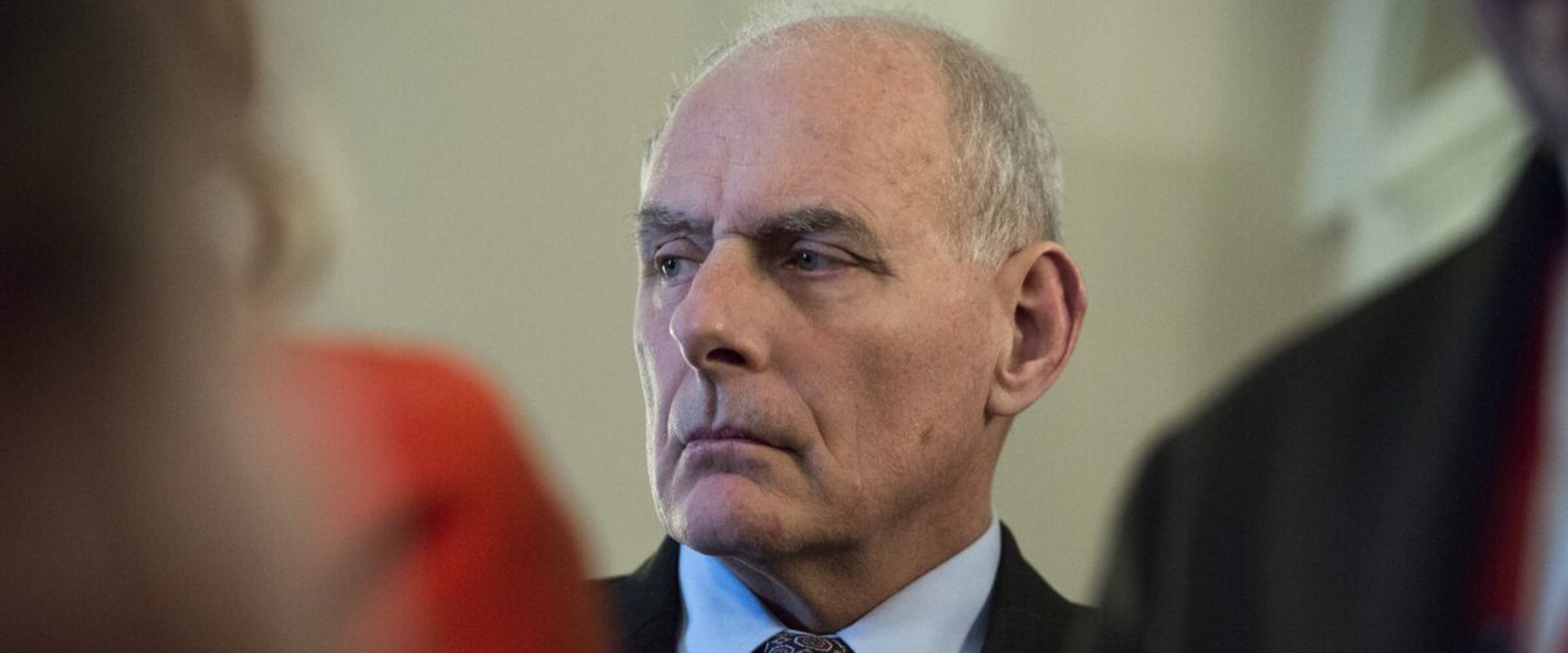The White House Chief of Staff (WHCOS) is a position of immense power and influence, due to their direct access to the President of the United States and control of the Executive Office of the President. Although the Secretary of State is typically seen as the highest-ranking member of the president's cabinet, the chief of staff is actually at a relatively low level. The WHCOS is responsible for making decisions and applying procedures, and is often credited or blamed for what goes right or wrong in the White House. When the government functions properly, it is usually because the president understands the structure of power and sets the thread in which politics and policy converge.
If someone wishes to meet with the president, they must first convince the chief of staff that it is necessary. For instance, Leon Panetta stepped in as chief of staff during Bill Clinton's presidency and brought order and discipline to his White House, as well as unprecedented budget surpluses. The role of WHCOS is equal in complexity and responsibilities to that of any other public official. If they had subjected decisions to a system designed to prevent disasters, such as paying secret money to burglars to cover up the Watergate break-in, exchanging arms with Iran in exchange for hostages, launching the Iraq war on dubious evidence, or even hindering the implementation of online health care, these mistakes could have been avoided.
The chiefs of staff are a band of brothers who must tell their commander-in-chief what they don't want to hear. The WHCOS has an unparalleled ability to shape policy and influence decisions. They are responsible for managing the president's schedule, ensuring that important meetings take place, and providing advice on important matters. They also serve as a buffer between the president and other members of his staff, allowing them to focus on their respective tasks without being distracted by political pressures or personal agendas. In short, they are essential for any successful presidency.











